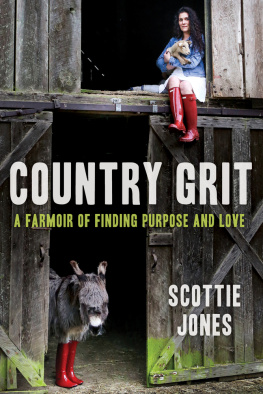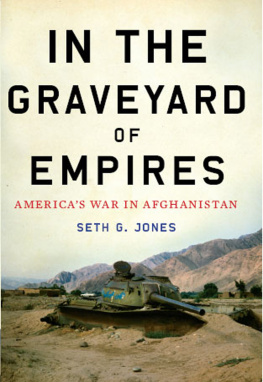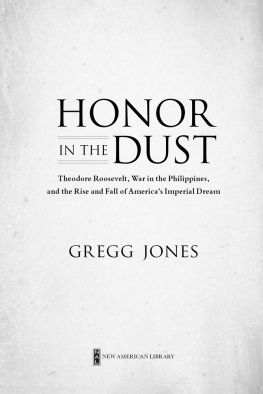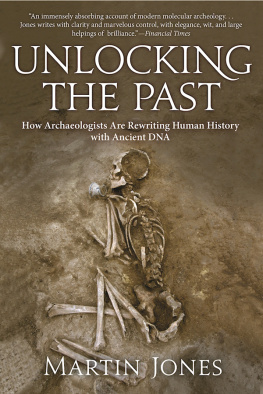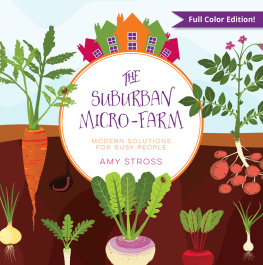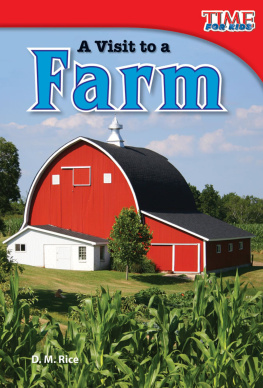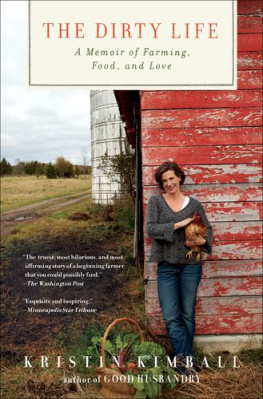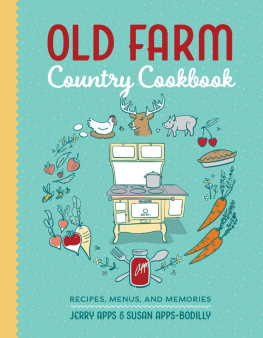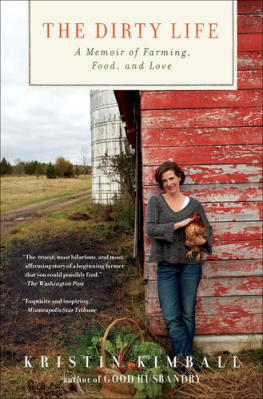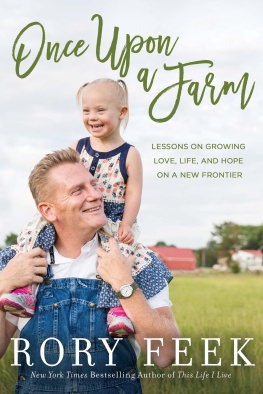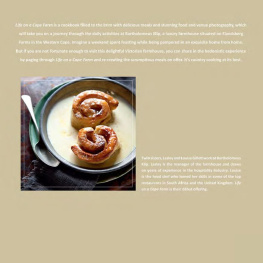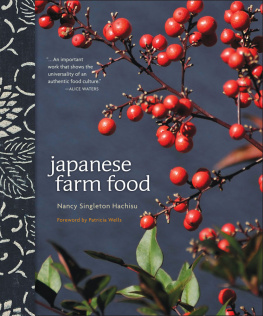Copyright 2017 by Scottie Brown Jones
All rights reserved. No part of this book may be reproduced in any manner without the express written consent of the publisher, except in the case of brief excerpts in critical reviews or articles. All inquiries should be addressed to Skyhorse Publishing, 307 West 36th Street, 11th Floor, New York, NY 10018.
Skyhorse Publishing books may be purchased in bulk at special discounts for sales promotion, corporate gifts, fund-raising, or educational purposes. Special editions can also be created to specifications. For details, contact the Special Sales Department, Skyhorse Publishing, 307 West 36th Street, 11th Floor, New York, NY 10018 or .
Skyhorse and Skyhorse Publishing are registered trademarks of Skyhorse Publishing, Inc., a Delaware corporation.
Visit our website at www.skyhorsepublishing.com.
10 9 8 7 6 5 4 3 2 1
Library of Congress Cataloging-in-Publication Data
Names: Jones, Scottie Brown, author.
Title: Country grit : a farmoir of finding purpose and love / Scottie Brown Jones.
Description: New York, NY : Skyhorse Publishing, [2017]
Identifiers: LCCN 2017015225 (print) | LCCN 2017018539 (ebook) | ISBN 9781510722156 (ebook) | ISBN 9781510722149 (hardcover : alk. paper)
Subjects: LCSH: Farmers--United States--Biography. | Autobiography.
Classification: LCC S417.J66 (ebook) | LCC S417.J66 J66 2017 (print) | DDC 630.92--dc23
LC record available at https://lccn.loc.gov/2017015225
Cover design by Erin Seaward-Hiatt
Cover photo by Kristi Crawford
Author photo by Shawn Linehan
Printed in the United States of America
CONTENTS
For Caitlin and Annie, who may have questioned our sanity at moving to a farm but not the adventure.
INTRODUCTION
This book began as a series of letters to friends back home. Well, some would call them letters; anguished cries for help might be another interpretation. My friends found my pain completely amusing and suggested that I turn the letters into a blog, which then morphed into a book. That should explain why this reads like a crossbred blog-book.
Country Grit is constructed around a series of vignettes that are absolutely trueif were speaking of my experience. If were speaking of objective facts, you should know all the characters are composites. Please dont come to my little town and expect to meet any of the characters in this book, because they dont exist. Thats why I say the experiences I report on are real, just not the people. The real people in the real town I live in value their privacy and dont take kindly to strangers poking at them.
While researching this book, I found there are hundreds of farm memoirs. So many, I felt it deserved its own genre, hence the term: farmoir. It amazed me how similar the experiences were in each of these books. I considered that someone, possibly one of my siblings who were always jealous of my demure charm, leaked my letters, leading to hundreds of cases of plagiarism. Except the farmoirs go back nearly a century, just about the time Americans began moving off the farm and into cities in large numbers. So besides the funny animal stories, there is something more going on here, some nostalgia for what was left behind.
Urban life leaves us with a hunger for the rural life and its connection with the natural world. This hunger encourages romantic visions of rural life leading to a kind of delusional thinking. My farmoir chronicles the undoing of those delusions, including the destructive consequences that follow whenever we ignore reality. Anyone who has started a new enterprise or made a radical change in their life will find parallels in my story. It always starts with a dream of how we hope our new life will be, and then reality intervenes. We are challenged, and as a consequence we are changed. While there are similarities shared by any new undertaking, there is something special about farming that lends itself to romanticism, and an extra degree of delusional thinking, that brings this process into sharper focus. See if you agree.
The reality of farming is business. Throughout the book I offer insights into the economics that drive the business of farming. Admittedly its pretty dry stuff, but hugely important since the business of farming ensures that you will eat today and tomorrow. The wealth of a country is built on its farming and especially on the efficiency of its farmers. It touches all of us every day, and so its good citizenship to know something about the business of our food supply. Frankly, Im surprised it isnt part of a standard high school education. For those who really want to wonk out on agricultural policy (and God bless you if youre one of them because we need you), Ive included a little addendum. I owe an immense debt to the real scholars: Paul Conkin ( A Revolution Down On The Farm ); David Danbom ( Born In The Country ); and Daniel Imhoff ( Food Fight ).
A number of friends lent their assistance to this project, including: Max and Dave Hanson, Karen and Allan Six, Craig Zaffaroni, Bert Banton, Linda and Ken Worley, Matt and John Clark, Mary and Steve OBrien, Tanya Freeman, Nancy and Paul Cooke, Carolyn Avery, Russ Kaufman, Larry and Shirley Cole, Chuck and Lisa Smith, Mike and Liz Behrenfeld, Janet and Rolfe Hagen, and Curtis Koenig.
My other debt is to my family, whose patience and support made this possible. Im speaking of my two daughters, Caitlin and Annie, but most importantly, my husband and collaborator, Greg, who provided extensive writing, research, and editorial assistance in this undertaking. And, of course, my grandson, Henry.
And with that, heres my story, such as it is.

PART ONE
THE BEGINNING
Let me begin with a simple truth: I was not born to be a farmer.
I was born to the manicured lawns of suburban Connecticut. My father, in his daily commute to New York City, never dreamed of his little girl knee-deep in mud, wrestling sheep for a living. The years of boarding school and the advanced degree in art history did not prepare me for the agricultural life. I am presently a farmer by dint of circumstancecall it a karmic accident. Someone threw a switch and my life went barreling down an entirely different track. And that someone was my loving spousemight as well name names. Call it karmic because I chose him. Call it accident because well, Im getting to that part.
Men are itchy creaturesand never more itchy than when life is most content. So, as my husband was reaching the zenith of his career as a psychologist he became the most discontent. Every aspect of our life together was a little too much or not quite enough for him, as he searched for targets that would reflect his discontent. I took to walking around him with my invisibility shield up, which wasnt hard. Our lives were defined by well-rehearsed roles that kept us invisible to each other most of the time.
In fairness, my husband had a lot of help with his discontent. It was not an easy time to be a practicing psychologist. The crushing weight of managed health cost was turning sensitive caregivers into beleaguered accountants. Hours on the phone arguing care with insurance gatekeepers arguing costs left him deflated. He would say the profession he had dedicated his life to, and found so rewarding, had changed beyond his recognition. I would say men are itchy creatures.
For my part, I was happy in my work managing the retail end of a large urban zoo. I was responsible for a diverse set of income streams: the gate, gift shops, concessions, special events, and such. Each day brought new challengesfinancial pinches, marketing glitches, and mechanical breakdowns. And each problem came with a disparate set of personalities to bridge. When it became too much, there were always the animals. Just across the fence, the animals uncomplicated presence lent a grounding perspective to whatever problem was vexing me at the moment. Looking back, I was already in training for my next career. Mechanical breakdowns, teeth-grinding finances, marketing, and the animalsits all there in farming, with a lot fewer resources to get the job done. After all, it takes a lot of people to run a zoo.

